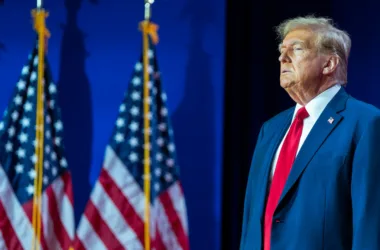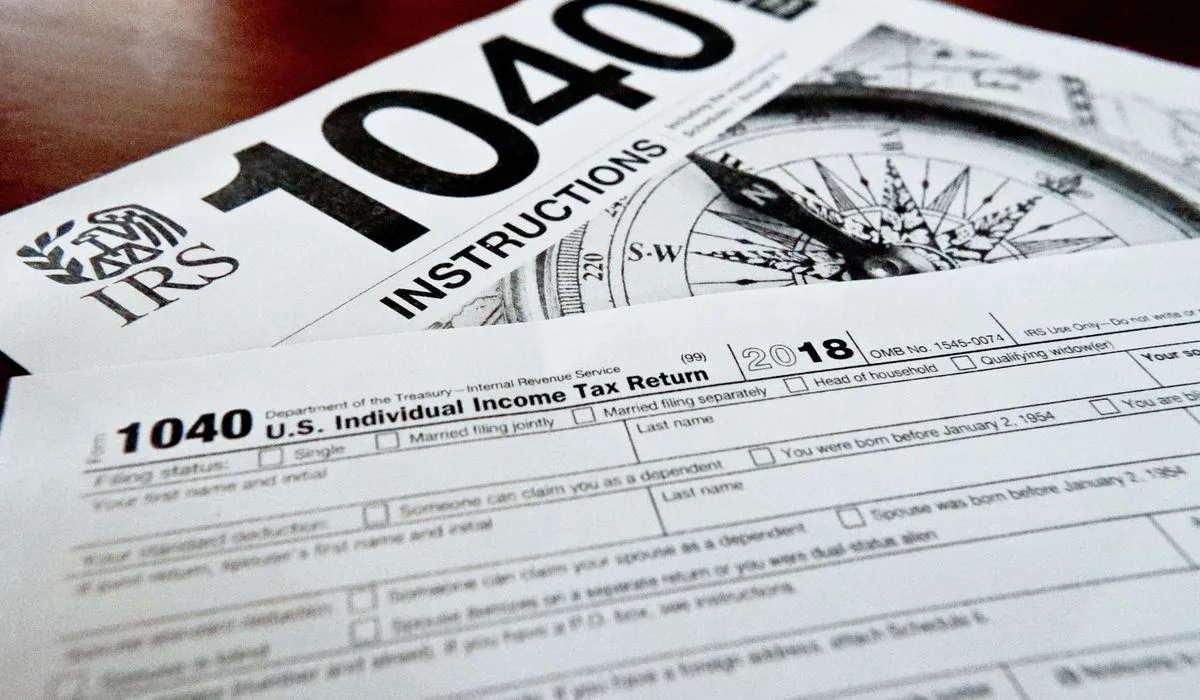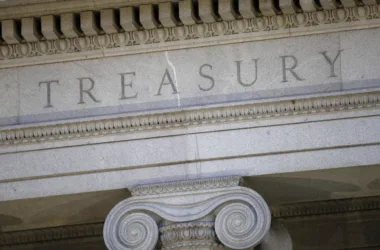Buy, borrow and die.
It may sound like the old joke about the inevitability of death and taxes, except in this case, it’s how the wealthy avoid paying taxes.
Someone buys a company or builds a massive investment portfolio, watches its value grow, borrows against that increase and spends the borrowed money to fund a comfortable lifestyle. Those holding assets until death pass them on to heirs in tax-free transactions.
“And that’s how billions of dollars in income gets an income tax rate of zero,” said Morris Pearl, a former managing director at BlackRock and now chairman of Patriotic Millionaires.
It’s all “perfectly legal,” said Sen. Ron Wyden, Oregon Democrat and chairman of the Senate Finance Committee.
“Buy, borrow and die” (BBD) was showcased in Congress on Thursday as tax experts explored how the wealthy enjoy their riches without ever having to account to Uncle Sam.
Other schemes include like-kind exchanges in real estate to build wealth without paying taxes on the increasing value, exchange-traded funds to defer capital gains and pumping money into private placement life insurance, health savings accounts or mega-backdoor Roth IRAs.
All are “egregious but lawful,” said Chye-Ching Huang, director of the Tax Law Center at New York University.
She said the schemes add up to hundreds of billions of dollars a year in non-taxable revenue. One estimate shows the federal government missed out on $200 billion in revenue last year because of low tax rates on dividend income.
The experts said the problems are rooted in how the tax code treats income. Most taxpayers earn money through wages and salaries and pay the government regularly. Money is withheld from every paycheck, and taxpayers settle up with the IRS each year.
Wealthy folks who rely on investments don’t have to face that process. Because they can choose when their income is “realized” — usually the sale of the asset — they control when or whether to report the income on tax returns.
Borrowing against the growth of the asset — at exceptionally low interest rates because banks want that business — allows the wealthy to enjoy the gains without the government ever seeing them. Thanks to what is known as a stepped-up basis, they can pass the assets to heirs who don’t have to pay taxes on the gain in value.
“The problem is that people who are rich don’t need taxable income. They are already rich,” said Mr. Pearl, adding that his family benefited to the tune of a 62,000% increase in the value of an asset.
“We enjoy millions of dollars on gains on which no one ever paid any income tax and on which no one ever will pay any income tax. And we didn’t need an army of lawyers or accountants. We simply follow the rules that are written in the current tax code,” he said.
Mr. Wyden said he is exploring the best ways to close the loopholes. The trick is figuring out how to value and correctly tax assets that haven’t been sold.
“Ending ‘buy, borrow, die’ is the best way to ensure billionaires pay their fair share,” he said.
The national conversation on wealth, and rich versus poor, is kicking into overdrive. Democrats determined to make the wealthy “pay their fair share” have pumped tens of billions of dollars into the IRS. Republicans warn of an unleashed IRS coming after mom-and-pop businesses.
Those Republicans said they want to make sure everyone is paying what they legally owe but point to other targets to tackle fairness.
Sen. Mike Crapo, Idaho Republican, said tax credits for expensive electric vehicles or home energy upgrades primarily benefit the wealthy. So would repealing the cap on state and local tax deductions, a major accomplishment of the Republicans’ 2017 tax cuts that Democrats from high-tax states are desperate to roll back.
Mr. Crapo said the tax code hits the wealthy particularly hard.
The wealthiest 1% of households accounted for about 19% of all income but paid 42.2% of all federal income taxes, he said. Twenty years ago, they paid just 33.2% of income taxes.
The federal government is collecting more revenue as a share of the economy than the average of recent decades.
“While we should work to find bipartisan measures to narrow the tax gap, any such effort must not reduce economic growth,” Mr. Crapo said.
Douglas Holtz-Eakin, president of the American Action Forum and former director of the Congressional Budget Office, said the tax code has an issue with the treatment of income from labor and capital. The code taxes income from labor relatively high and income from capital relatively low.
BBD is one symptom of the problem, allowing wealthy people to take advantage of the difference.
Mr. Holtz-Eakin said the answer isn’t simply to raise taxes on capital.
“The thing to do for economic growth is to reduce those taxes and make them more uniform. The thing to do to get rid of avoidance schemes is to reduce those tax rates and make them more uniform,” he said.
Mr. Pearl said higher rates aren’t likely to scare wealthy people away from investment.
“My options are to invest my money and get some growth or to stuff my money in the mattress,” he said. “Mattresses do not have very high returns.”









